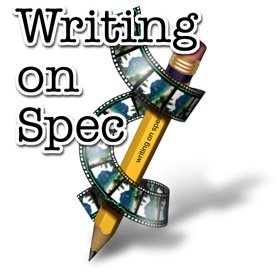The Psychic In All of Us
We've all been there - well, those of us who have chosen to drive on the highways.
You can see it coming - seems like from a mile away. The jackass that has to go around you to pull in front of you when:
a) The traffic just isn't moving fast enough to warrant the move
b) It gets them nowhere but in front of you
c) There really isn't enough room between you and the car in front, let alone for them to pull in between the two of you.
They don't even need to use an indicator. You can just feel it.
That feeling is what we're getting when we go see a movie. Every 20-30 minutes, we're leading the audience up to that moment - the moment when they'll say, "oh yeah, I saw that coming a mile away." However, we need to make them say, 'Oh... I didn't see that coming."
It doesn't have to be big - it can be small. You want to avoid the, "Where the hell did that come from?" reaction as well. Recently, there has been some criticism of Superman Returns. One moment that raises the WTF? is when Lois is able to turn around on their plane and rescue SM. I know that in film we have to use cuts, but that was using CUT TO in the real world and you can't do that.
A good example is from Under the Tuscan Sun. She purchases a home in Italy on a spur of the moment decision. It's something you don't expect - sort of -- with a title like Under the Tuscan Sun, you know where she'll be, you just don't realize the length of time at the outset.
A lot of folks dislike M. Night's movies, but for better or worse, they do one thing effectively - they show you a story from one perspective and then when you're believing, "I know exactly where this is going", he shows you the story from another perspective. Whether you're entertained up until that point is disputable; however, I don't think many folks have seen it coming from a mile away.
This is an important aspect of knowing your story and your beats. You are writing toward an end-point, just writing to fill space. All of your build-up to that beat should be leading your audience toward or away from their expectation and your revelation.
The worst thing you can do is intentionally fool your audience by lying to them; so don't resort to that. Make sure that you plant all your clues along the way, but deflect them in creative ways. Many mysteries will show a culpret or a piece of evidence and then have somebody in authority dismiss it for what would appear to be a valid reason. The audience will believe that if it's done authentically. But then, later, you can show why this dismissal was invalid and the audience will feel like a sucker for accepting it so blindly when they *knew* they shouldn't have...
After all, the goal isn't to fool the audience, it's to make them feel smart and involved.

0 Comments:
Post a Comment
<< Home